The 35th guest of the Climate Generation series is Bianca Castro. Bianca is a 22 year-old climate activist living in Lisbon, the capital of Portugal. She is one of the founders of Fridays For Future Portugal. She specialized in acting and studied physics. She also works at Greenpeace as the Deputy Program Leader of the Roots global team.
Atlas Sarrafoğlu: How is the climate crisis affecting people’s lives and what are the direct impact of climate change in Portugal?
Bianca Castro: Heatwaves, droughts, floods, intensification and increase of forest fires are just some of the consequences that Portugal will increasingly experience. The climate crisis is not a future prediction but a present succession of increasingly devastating catastrophes.
This year, we had more than 6 thousand wildfires. We have the largest eucalyptus forest area of any country – and eucalyptus forests are ticking time bombs for the increasingly unbearable summers brought to us by the climate crisis. Could this have any influence on the fact that Portugal is the country that burns the most in the Mediterranean? I would say yes. On the other hand, we experienced heavy (and deadly) floods last winter. Recently, in only two days, seven separate temperature records were broken across the country.
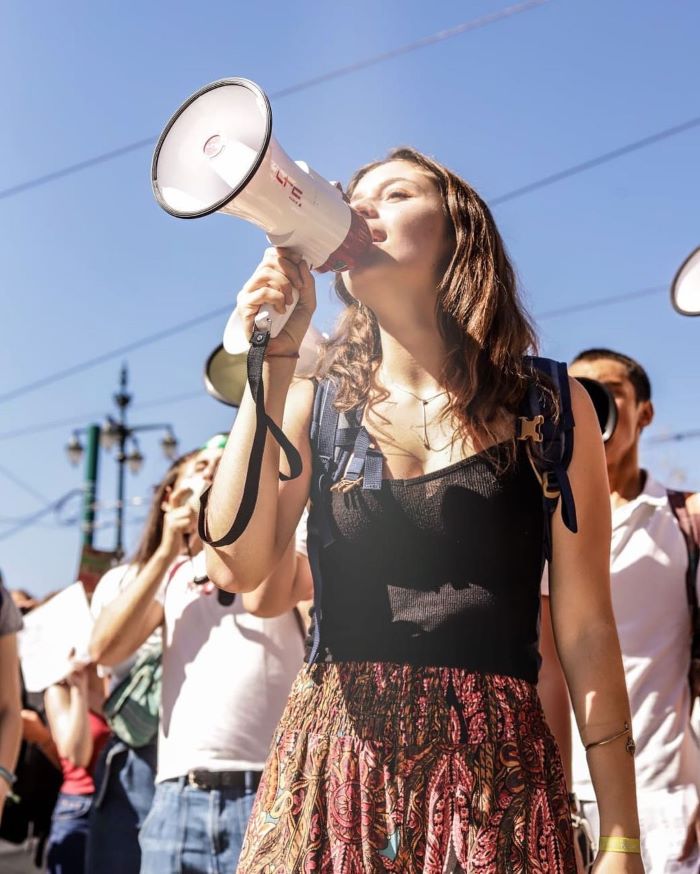
And intrinsically connected to the climate crisis – the cost of living crisis is affecting the entire population, and it is heavily intensified by the energy crisis and the insistence of the government on selling us “natural” gas as a solution while it is another fuel to the climate crisis. Adding up to all of this, we are the fifth country in the European Union (EU) with the highest risk of energy poverty.
The solution lies in our government having to stop complying with our fossil fuel companies and their greenwashing.
Our main demands at this moment are very simple, concrete, and called for by science: phasing out fossil fuels by 2030 and having 100 per cent renewable electricity by 2025. We demand climate justice because we understand the climate crisis as a complex political problem of social justice.
‘We need to make sure nobody is left behind’
What do you think is the solution to protect your country from the impact of climate change?
We need to make sure that nobody is left behind as part of the transition Portugal needs to make.
We need to ensure healthcare, education, housing, food, renewable energy, and transportation are provided within the public sector for all individuals, so that they are truly accessible to everyone. We need to place life and care at the center of the society and economy, rather than profit maximization. We need a just transition for those working in high-emission industries – and to hold companies and shareholders responsible for the climate crisis accountable and make them pay for the transition as a form of reparation for the damages caused.
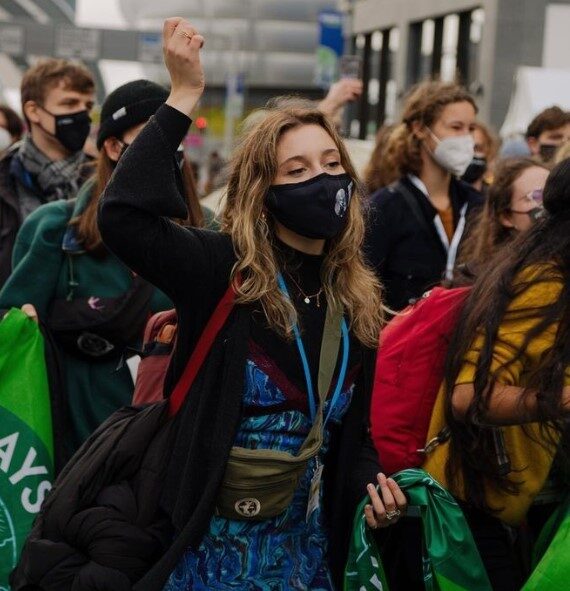
‘Empty words do not fix the crises we are facing’
What is the perception of your government regarding tackling the climate crisis? What kind of initial steps need to be taken to keep the limit under 1,5°C by your government?
Portugal, similar to other governments, is not doing nearly enough to act against the climate crisis. Even though Lisbon, where I live, has been called the European Green Capital, and our government proudly says we are in the frontline of climate solutions – empty words do not fix the crises we are facing.
According to a report prepared in 2021, assuming that the Portuguese government will implement policies to meet the goals presented in documents like the Roadmap for Carbon Neutrality 2050, the National Energy and Climate Plan 2030, or the Climate Base Laws, we find that the carbon budget will be exhausted between 2026 and 2037. This means that in the next three to 14 years, Portugal will emit all the CO2 it is entitled to emit until 2100 in any globally compatible scenario for maintaining the average temperature below 1.5°C. And from a climate justice perspective, carbon neutrality by 2030 is non-negotiable. We have a lot of documents and targets; but none of them are enough.
Our government is talking with Spain and France regarding the construction of the third gas pipeline connection: In the midst of the climate crisis, the expansion of fossil infrastructure is being discussed. The possibility of a new (unnecessary) airport has been on the table for years now, even though the government knows what we need is to decrease aviation emissions. We have severe intensive agriculture problems which will bring along water scarcity and the exploitation of migrant labor in the Southwest of the country – but this keeps being ignored.
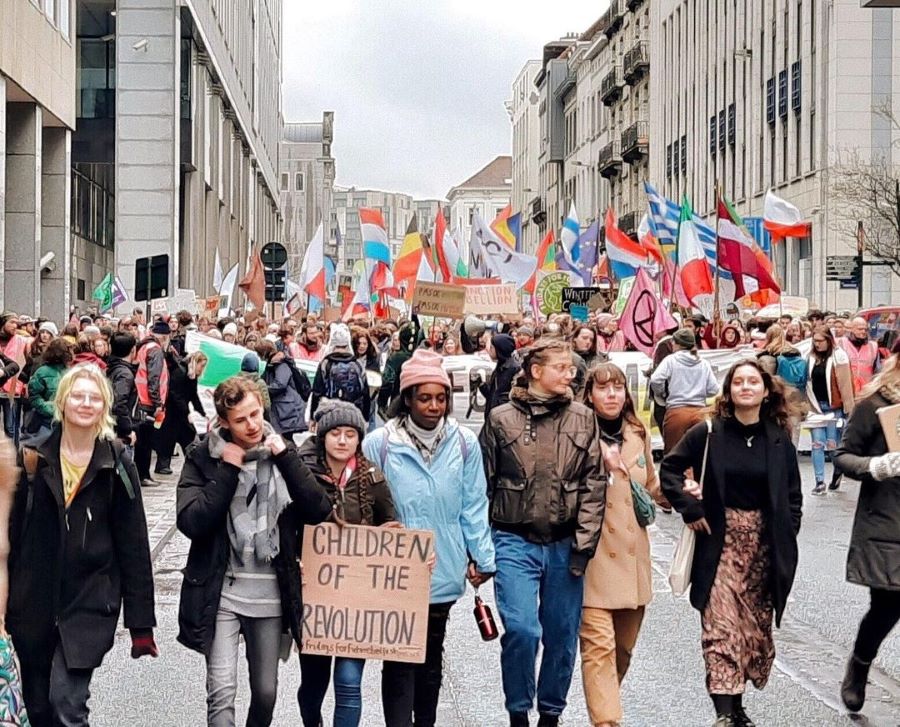
At the same time, more and more young climate justice activists have been detained and fined for peacefully protesting. We are thousands and thousands of young people who are forced to fight for the present, for a future, for a dignified life. We are thousands and thousands, repeating messages like “Just transition, climate justice”, “The planet is burning, and the government is just watching.”
In our Prime Minister’s words, “it is important to remember that the future is built today, with and for the new generations.” My question to that is what future is he referring to? A future of climate collapse, where extreme events become normalized, and where we are condemned if we do not resign ourselves? After all, in a message directed at us, the youth, our governments cannot forget what we echo in the streets: “Change the system, not the climate.”
We need to immediately cancel any project that increases emissions on a large scale in Portugal, and we cannot allow the transfer of emissions from here to other countries through new projects for the extraction and exploitation of fossil fuels (for example in Mozambique).
According to historical responsibility levels, Portugal needs to cut about 75 per cent of its emissions by 2030.
‘What makes me hopeful is people’
How did you start activism and how do you organize your strikes in Portugal? Do you work in a specific area on the climate crisis?
I’m from a small town in the South of Portugal which is severely affected by the climate crisis and I grew up watching it worsen, as well as its connection to the social and labor justice crisis. I moved to Lisbon in late 2018, and was one of the founders of Fridays For Future Portugal. I’ve organised numerous actions from marches and strikes to diverse direct action and civil disobedience, as well as campaigns on various topics such as just transition, climate finance, fossil fuel proliferation in Portugal, intensive agriculture, etc, including being part of the global climate jobs campaign where we collaborated with unions and workers – always with a social, labor and gender justice connection focus.
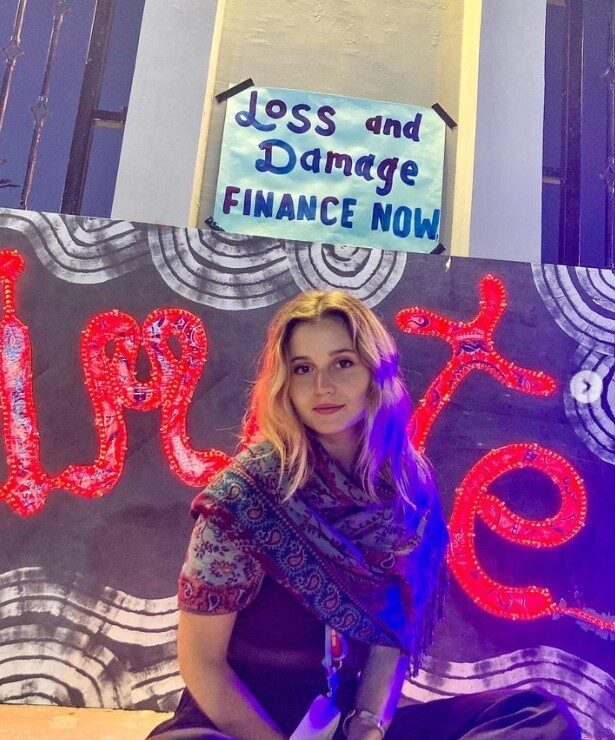
I work not only locally and nationally, but also internationally in the coordination of the global movement. Right now, I’m working at Greenpeace as the Deputy Program Leader of the Roots global program – at Roots, we work with people and communities to build power from the ground up. We partner with youth and climate justice movements in frontline regions of the Global South to develop capacity and leadership, and support intersectional and equitable system change at a local level.
Please tell us about what makes you feel hopeful about the future?
What makes me hopeful is the people. It is the collective power that is shown on the streets, not only in Portugal but around the globe. There is a certain invincibility in the air when we look around and realize that we are surrounded by thousands and thousands of people who, just like us, want to build a different world. The community found in the Climate Justice Movement is one of unity, love and solidarity. Because we know what is at stake – and we feel the duty of giving everything we have towards the fight for a better world for everyone.
What do you think of the Duarte case that took place at the European Court of Human Rights?
A group of six young Portuguese nationals have taken 33 countries to the European Court of Human Rights, claiming that the states have violated their rights by contributing to global warming. Law can and should be a powerful tool to hold those responsible for climate change accountable. These young people took their Climate Litigation case directly to the European Court of Human Rights because no national court has done enough to protect our generation – and they know that our human rights are infringed every second that governments fail to take action against the climate crisis. What they did is applaudable, as there has never been a case before any court in the world involving so many defendant states. Given how deep we are in the climate crisis, it is urgent to fight it with different tactics and approaches – whether it is law, politics or (and for me, the most powerful) taking to the streets and making our voices heard louder and louder.
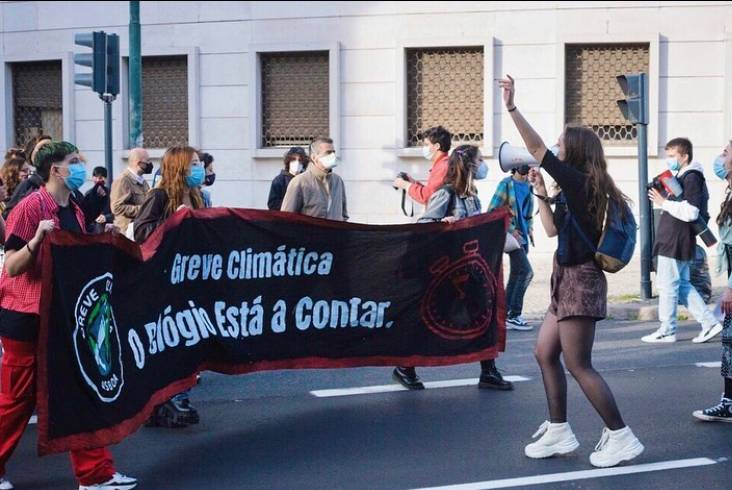
If you had a microphone to address the world leaders, what would you say to them about the climate crisis?
Listen to the most affected people. Listen to the communities that are being directly affected not only by the climate crisis but all the others that are connected to it. Listen to first-hand accounts of the climate chaos we are already facing. In the Philippines, people fear drowning in their own rooms and often wake up in a flooded room without electricity. With the recent typhoons, people have been stranded on rooftops, and floods have reached up to 12 meters in height. All around, indigenous youth are not being heard: They fight every day for their territories and their future, being greatly affected by the crisis we are facing. Listen to those who should be the ones seating at the decision-making table but keep being ignored.
The climate crisis is a political decision that you take every single day, by deciding to still put profit above life. When is this going to stop? We demand change and accountability. We commit to each other and to the planet – we commit to taking to the streets, to shouting, to protesting, to building campaigns and connections, to demanding more, and to evolving into stronger movements. It depends on us, the people, from all around the world, from all generations, to organize, mobilize, and bring about the change we want to see in the world.
What is your perception of the future in regards to the climate crisis? How do you envision yourself in 2030?
People’s power will be stronger than the people in power. As we all have heard before: the people united will never be defeated. The movement will not stop resisting, the movement will not stop fighting. And in 2030, I envision myself fighting for whatever it is that by then we still need to win until we have collectively built the world we envision, where life, the planet, diversity and justice are at the center of our society and economy.
*
Social media accounts
X/Twitter: biancabcastroo
Instagram: biancabcastro

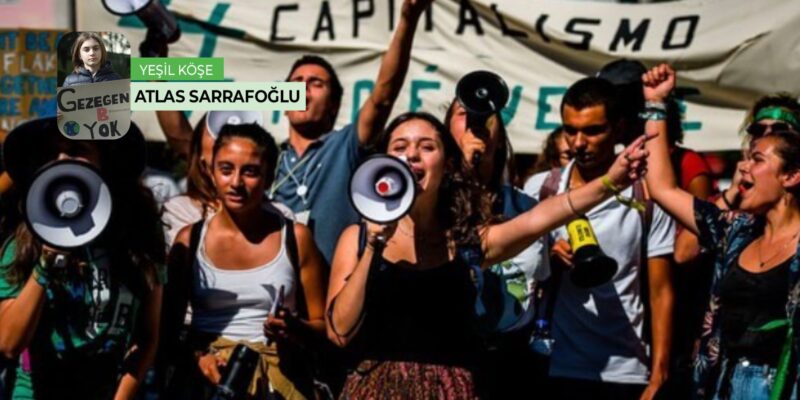

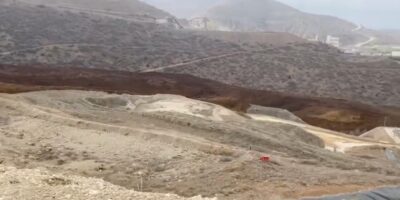



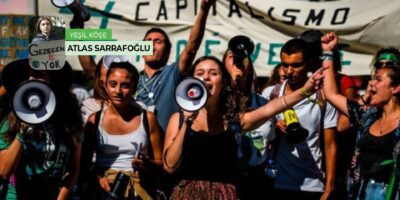




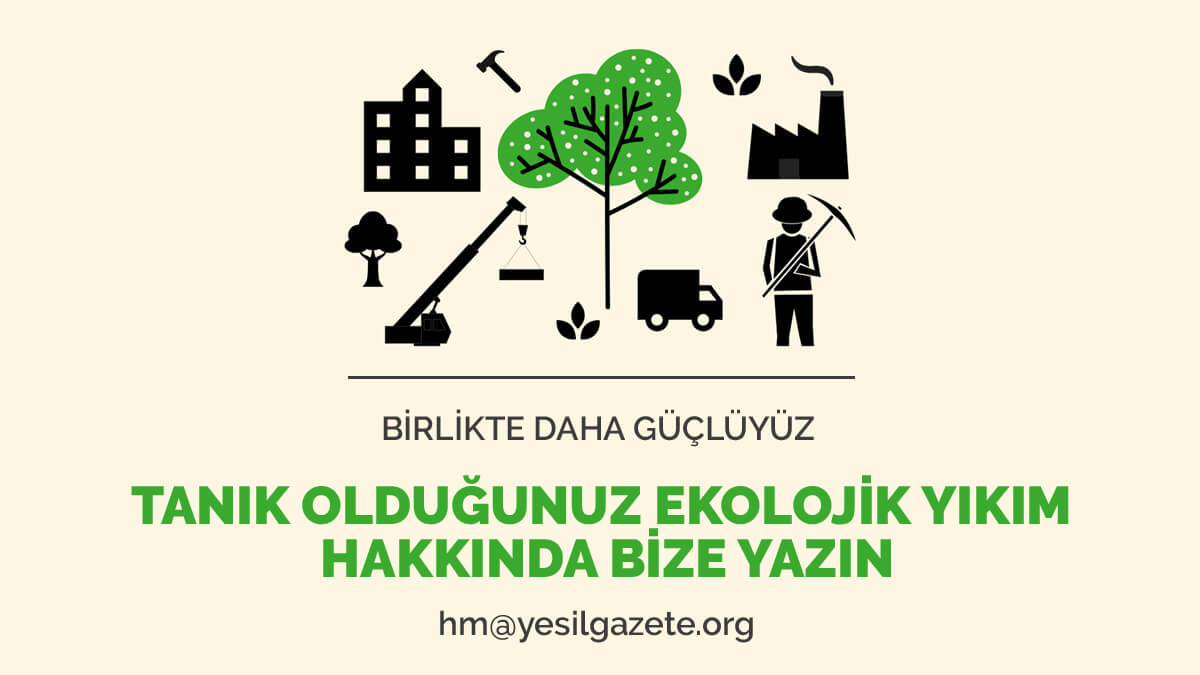

Comments